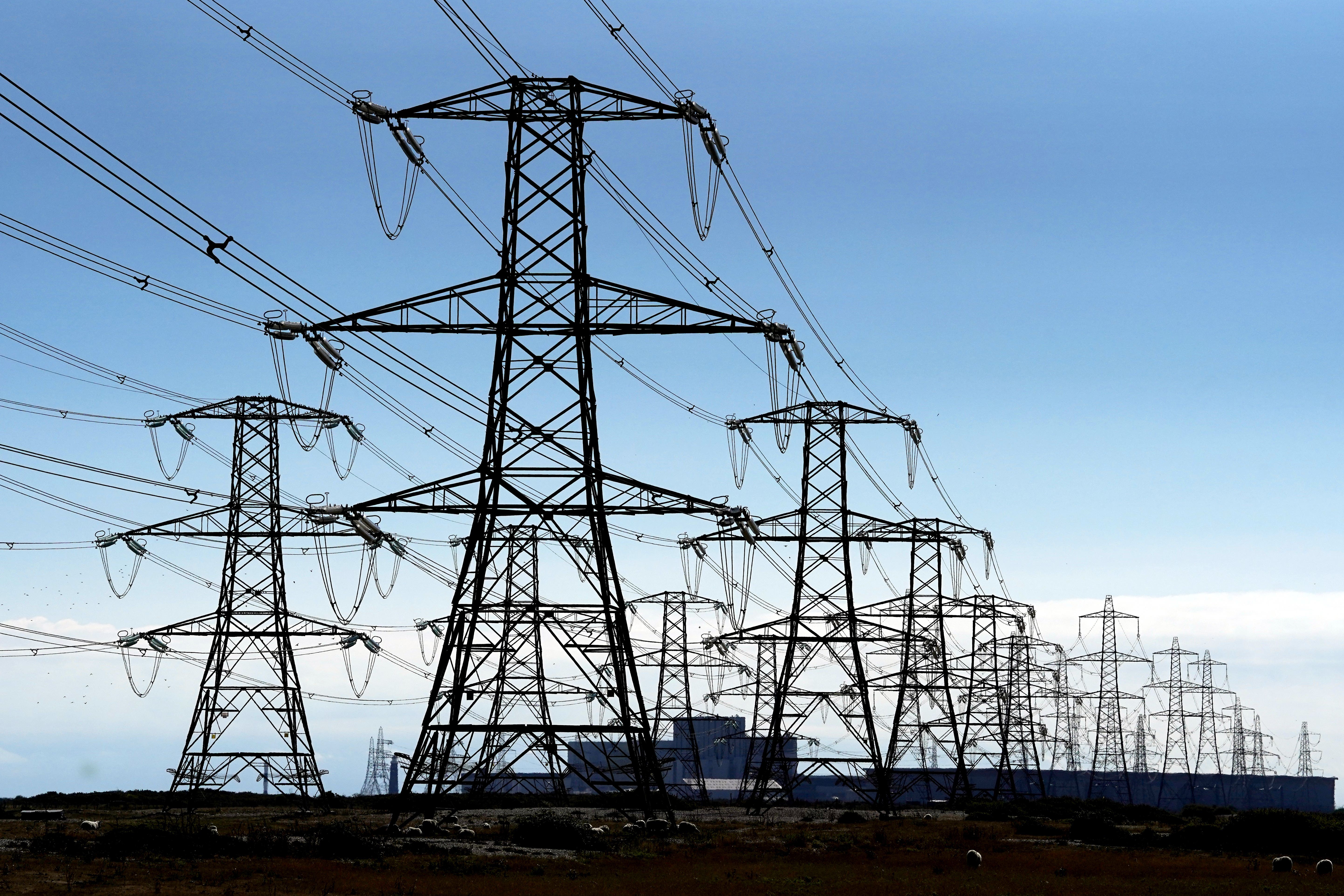National Grid starts emergency plans for first time to help avoid blackouts
The plants have been warmed up a few times this winter, but today is the first time they have started to produce electricity

Two of the UK’s coal-fired power stations that were kept online in case they were needed during the energy crisis have started supplying electricity to British homes for the first time.
The West Burton generation sites run by French energy giant EDF started producing electricity on Tuesday afternoon.
It came as strikes in France reduced the amount of electricity the country could supply to Britain through undersea cables. Wind electricity production is also unusually low.
The government approached several coal-fired power stations last year that were set to close down, asking them to be on standby this winter amid an energy supply crunch.
The plants have been warmed up a few times so far this winter on cold, overcast and still days. But Tuesday is the first time they have started to produce electricity.
It is the job of the National Grid Electricity System Operator (ESO) to ensure there is always more electricity generation available than it expects households to use. It tries to keep a comfortable margin between the two – and that is why the coal plants were activated on Tuesday. It is highly unlikely to lead to blackouts in any parts of the UK.
The ESO had also issued a so-called electricity margin notice, but cancelled it at around 3.30pm as it realised that it had enough power on the grid to meet demand.
This is designed to let generators know that the margins are tighter than normal and to ask them if they can supply extra electricity.
“An electricity margin notice (EMN) has been issued to the market,” ESO said earlier in the day
“This is a routine tool that we use most winters, and means we are asking generators to make available any additional generation capacity they may have. The EMN does not mean electricity supply is at risk.”
Despite the West Burton coal plants coming online, coal was only producing around 3.2% of Britain’s electricity on Tuesday afternoon.
The grid had earlier said that it might trigger the demand flexibility service which pays households to reduce their energy usage for Wednesday evening. However, this was cancelled later on Tuesday.
Bookmark popover
Removed from bookmarks